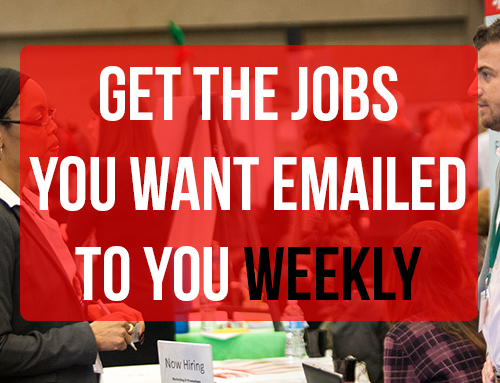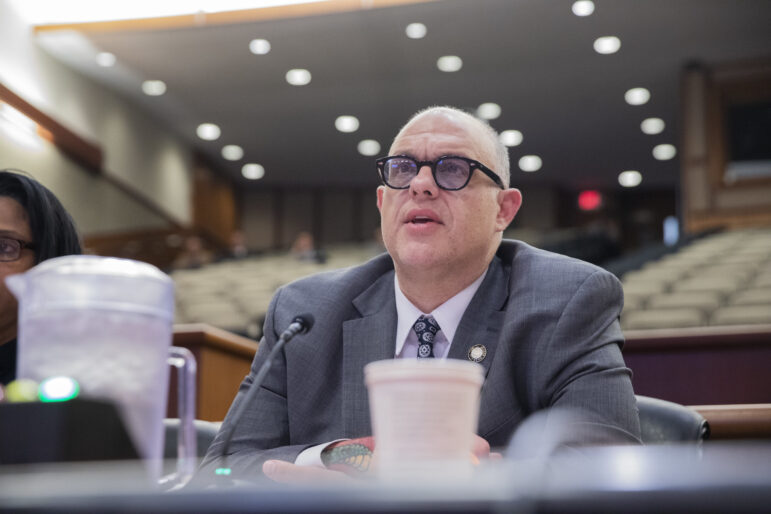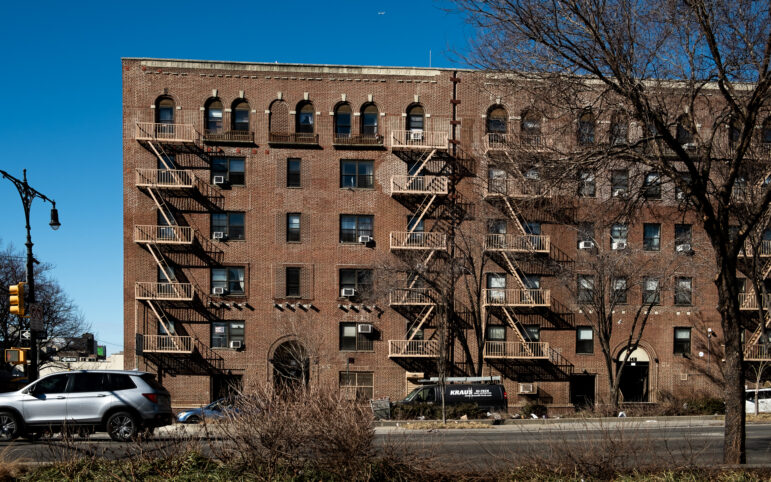
Marc Bussanich
Carol Anderson offers no-nonsense advice.
Everyone knows you’re supposed to smile broadly, shake hands firmly and make good eye contact when you walk into or out of a job interview. It’s what happens in between that gets tricky.
How do you explain gaps in your resume? What if you’ve had a health issue that affected your work? What if you’ve been fired?
A founding member of the Careers Counselor Consortium offered some helpful tips in a recent video interview.
Carol Anderson is also the director of Career Services for the Milano School at The New School. We met her at The New School campus on 5th Avenue and asked her a variety of questions about what job market entrants and established job seekers should add or not add to their resumes and what they should say, or shouldn’t, to their prospective or current employer.
Question 1) How do I explain gaps in my resume?
Question 2) What do you do or say to an interviewer when you’ve been fired?
Question 3) What references do I list?
Question 4) How to deal with a health issue?
Question 5) How do I advocate for more pay?
Question 6) How do I deal with discrimination?










One thought on “Six Things You Need to Know About Getting a Job but Were Afraid to Ask”
Pingback: Milano Director of Career Services Carol Anderson: 6 Things You Need to Know About Getting a Job but Were Afraid to Ask » Milano School